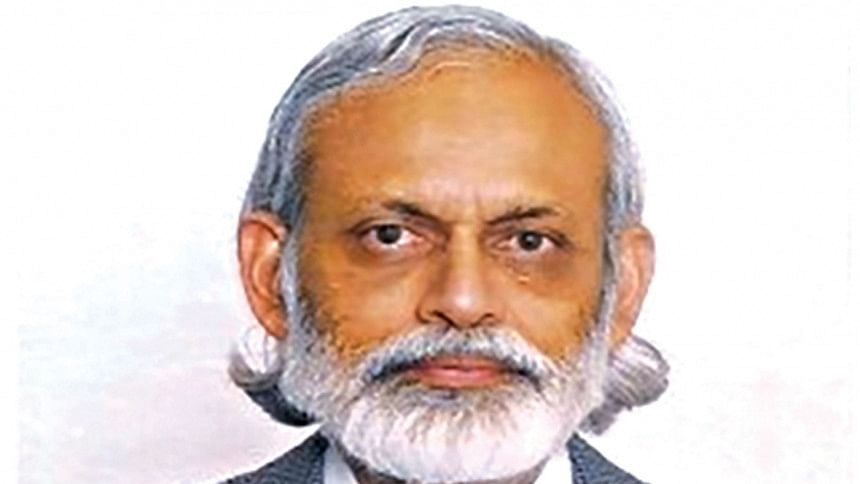Transformative power of ChatGPT

If one technological innovation is to be cited for capturing much of the talk time in discussions ranging from drawing rooms to corporate offices and academic institutions, it is ChatGPT. Released by Open AI in November 2022, this is a language model based on artificial intelligence (AI).
It is basically a software belonging to the genre of Chatbot that can understand questions covering a wide range of fields and generate human-like responses. The versatile nature of the software is indicated by its ability to provide not only standard responses, but also to generate "creative" pieces like poems and essays.
It has the potential for use in a wide range of sectors as diverse as agriculture, manufacturing, trade, education, health, and services.
Previous experiences with technological and industrial revolutions have shown that while innovations can transform the lives of human beings, they also create challenges and raise fears about their possible adverse effects. For example, issues relating to the Fourth Industrial Revolution (4IR) have been the subject of discussion and debate for a few years now.
While the potential for raising productivity is an attractive aspect of 4IR, the possible negative effects on employment and the need for developing new skills have to be taken seriously.
Given the versatile nature of ChatGPT, the debate surrounding it is also much broader. On the positive side, the tool is very powerful and capable of transforming the way work is carried out in businesses, education, health, etc.
For industries, it has tools that are more efficient and effective for studying consumer demand, marketing products and offering services.
In education, productivity of both teachers and students can be raised through tools for tailored learning platforms, intelligent tutoring, personalised instructions, instant feedback, automated rating systems, etc.
In healthcare, ChatGPT has the potential to assist medical service providers by simplifying patient care, quicker diagnosis of ailments and wiser judgements.
Examples of the positive features of ChatGPT can be multiplied. Not surprisingly, it has become the fastest growing new technology in the recent history of mankind. Early reviews of the software were full of praise for its capability and optimism about its potential -- so much so that other tech giants offering search engines (e.g., Google) started to get somewhat concerned.
But ChatGPT has not come with unmixed blessing. On the technical side, limitations like providing incorrect or inappropriate answers (the latter including lack of sensitivity to race and gender) were pointed out quite early.
More serious are concerns like overdependence of students and teachers on technology and inadequate use of brain power and creativity in education, risks arising from mechanical applications of drugs in healthcare, etc.
Some ethical issues are also coming up, and questions are being asked whether the technology should be allowed to overtake the human side of civilization. The concern has gone to the extent of raising the basic existential question.
And the seriousness of such concerns is being reflected in decisions like banning the application's use in schools (for example, government schools of New York) -- reminding me of "luddites", who went to smash labour-saving machines in textile factories during the first industrial revolution.
The real concern is of course whether human beings will become so much dependent on technology that their creative abilities will not have a chance to develop. That would be like killing the goose that lays golden eggs, and efforts will have to be made to prevent such an outcome.
The author is an economist and a former special adviser for the employment sector at the International Labour Office.

 For all latest news, follow The Daily Star's Google News channel.
For all latest news, follow The Daily Star's Google News channel. 



Comments